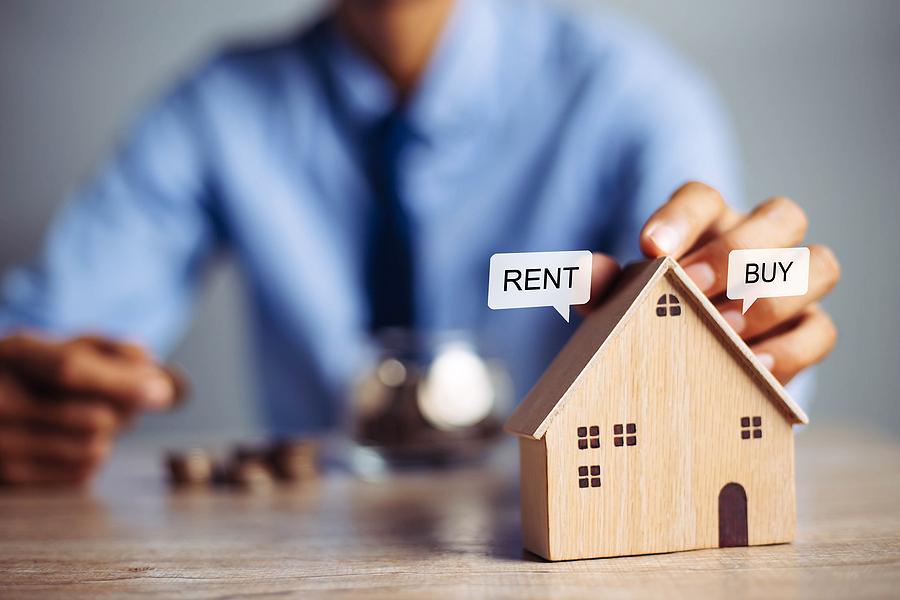Are you considering renting out your house? Whether you're a seasoned landlord or a first-time renter, the process can be both exciting and challenging. To help you navigate this journey smoothly, we've compiled a list of essential tips to keep in mind:
1. Know the Legalities: Before listing your property for rent, familiarize yourself with local landlord-tenant laws and regulations. Understanding your rights and responsibilities as a landlord will help you avoid legal issues down the road.
2. Set the Right Rent: Research the rental market in your area to determine a competitive rent price. Consider factors such as location, amenities, and property condition when setting the rent. Pricing too high may deter potential tenants, while pricing too low could result in missed income opportunities.
3. Prepare Your Property: First impressions matter. Ensure your property is clean, well-maintained, and ready for move-in before showing it to potential tenants. Address any necessary repairs, touch up paint, and make sure all appliances are in working order.
4. Market Effectively: Utilize various marketing channels to reach potential tenants, including online listing platforms, social media, and word-of-mouth. High-quality photos and detailed descriptions can make your listing stand out and attract more inquiries.
5. Screen Tenants Thoroughly: Take the time to screen potential tenants carefully. Conduct background and credit checks, verify employment and income, and contact previous landlords for references. This process will help you select reliable tenants who are likely to pay rent on time and take good care of your property.
6. Have a Written Lease Agreement: A comprehensive lease agreement is essential for protecting both you and your tenants. Clearly outline terms and conditions regarding rent, security deposits, maintenance responsibilities, and other important details. Consult with a legal professional to ensure your lease complies with local laws and covers all necessary aspects.
7. Maintain Communication: Effective communication is key to a successful landlord-tenant relationship. Be responsive to tenant inquiries and address any maintenance issues or concerns promptly. Building a positive rapport with your tenants can lead to smoother interactions and longer-lasting tenancies.
8. Consider Hiring a Property Manager: If managing your rental property becomes overwhelming or time-consuming, consider hiring a professional property manager. They can handle tasks such as tenant screening, rent collection, maintenance coordination, and lease enforcement on your behalf, allowing you to focus on other priorities.
9. Stay Organized: Keep detailed records of rental income, expenses, maintenance requests, and lease agreements. Staying organized will help you track financials, comply with tax obligations, and resolve any disputes that may arise.
10. Be Prepared for the Unexpected: Despite your best efforts, unforeseen circumstances can still arise when renting out your house. Have a contingency plan in place for emergencies such as repairs, tenant disputes, or unexpected vacancies. Being proactive and prepared will help you navigate challenges more effectively.
Renting out your house can be a rewarding venture when done right. By following these tips and staying proactive throughout the process, you can minimize risks and maximize the benefits of being a landlord. Good luck!


